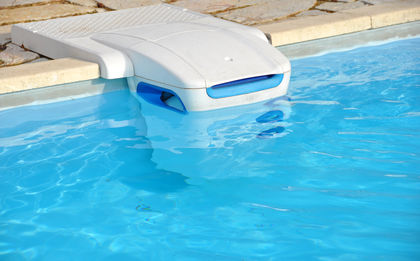DISTILLATION AND FILTRATION

When most people think of chemistry, they think about joining substances together. Certainly, the bonding of elements to form compounds through chemical reactions is an integral component of the chemist's study; but chemists are also concerned with the separation of substances. Some forms of separation, in which compounds are returned to their elemental form, or in which atoms split off from molecules to yield a compound and a separated element, are complex phenomena that require chemical reactions. But chemists also use simpler physical methods, distillation and filtration, to separate mixtures. Distillation can be used to purify water, make alcohols, or separate petroleum into various components that range from natural gas to gasoline to tar. Filtration also makes possible the separation of gases or liquids from solids, and sewage treatment—a form of filtration—separates liquids, solids, and gases through a series of chemical and physical processes.
Comment about this article, ask questions, or add new information about this topic: